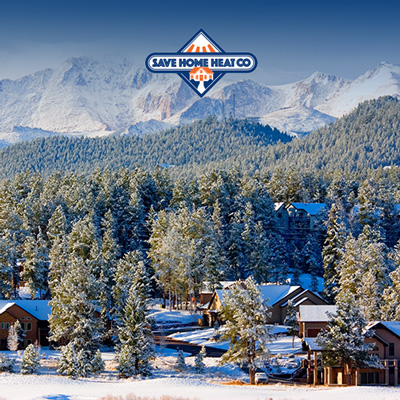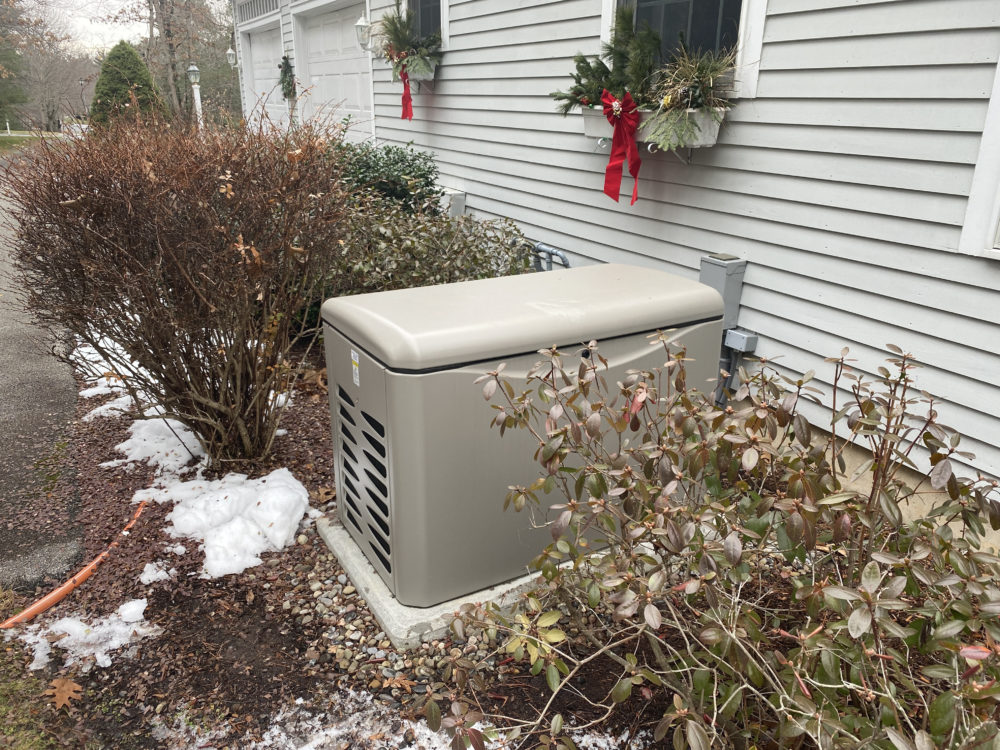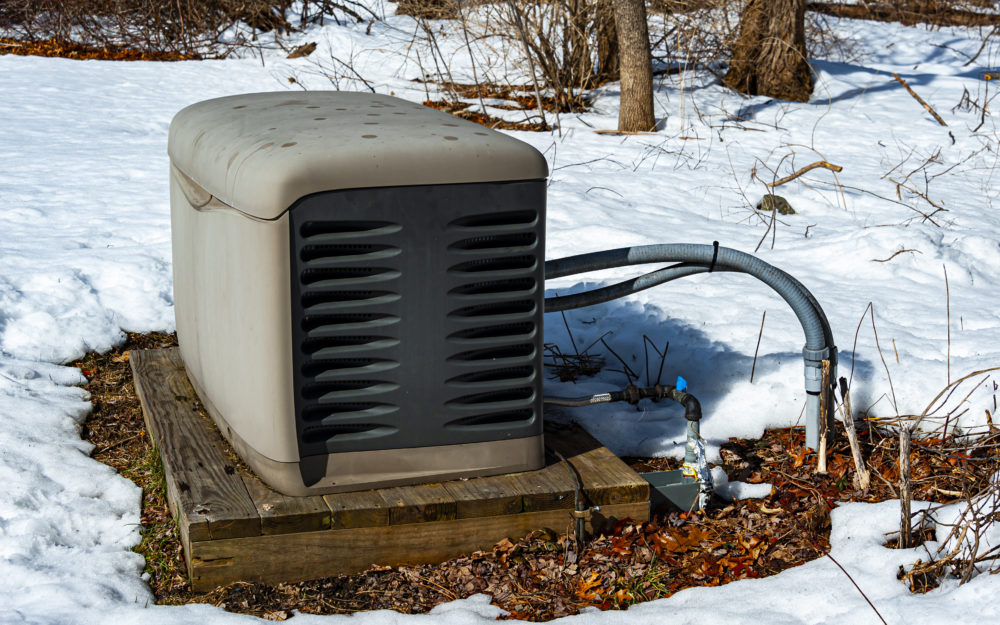How Altitude Affects Sizing of Home Standby Generators
In situations when the power goes down for an extended period, often weather related, a home standby generator powered by natural gas or propane will provide the peace of mind that you still have electricity for all or priority areas of your home.
In this blog post, our team at Save Home Heat would like to begin a series of articles addressing various aspects of home standby power generators, focusing on factors that are especially helpful for homeowners in the Denver-Boulder area. Today, we’ll take a quick look at how our mile high-plus location affects the sizing of standby generators for our homes.

How Home Standby Generators are Sized
There are many different factors that go into sizing and recommending a home standby generator. Among others, these include the peak and average household electrical consumption, as well as identifying which circuits are crucial for safe, smooth operation of the home, and their specific electrical demands. Setting priorities and making decisions regarding other electrical circuits, plus things such as optional Wi-Fi applications and system-monitoring features, also frequently come into the discussion. This list goes on, with the end result being recommendations by a trusted electrical team of what unit or units make sense to consider for your home.

The Effect of Altitude on Home Standby Generator Sizing in Denver-Boulder
Very high on the list of factors that determine the size of the standby generator that’s the right fit for your home is taking our elevation into account. Read on!
Derating Your Generator Output for Elevation Above Sea Level
Just like with the natural gas and propane-fired furnaces, boilers, and water heaters that our team installs, whose heat output is significantly reduced because of our elevation above sea level, the electrical output of home standby generators (also gas-powered) is equally affected. This has a definite impact on the exact size of the generators that we recommend, because only when elevation has been accurately accounted for can we match a home with the size generator (measured in kilowatts, or kW) that best suits their needs.
That said, all gas-fired equipment loses approximately 4% of rated output capacity for every 1,000 feet of elevation above sea level, this due to there being less oxygen present in the air at higher elevations. As Denver sits at 5,279 feet and Boulder at 5,318 feet above sea level, calculating 5 (thousand feet eleva.) x .04 (4% derating factor), in round numbers this translates to a reduction of electrical output of at least 20% in Denver-Boulder. It’s important to note that the rating on the manufacturer’s label on a generator does not address elevation, however, we are starting to see elevation addressed in a genreal fashion on some manufacturers’ websites sizing pages.
What the above means for homeowners in the Denver-Boulder metro area is that a home standby generator will need to be sized larger to do the same job as a unit that’s being installed in many other areas of the country, for example the two coasts and other lower lying areas.
Generator Sizing For The Foothills

In the nearby foothills, often three to four thousand feet higher than Denver-Boulder, it is not uncommon for homes to be sitting between 8,000 and 9,000 feet above sea level, or even higher. In these cases, the derating factor for standby generators and other gas-fired appliances ranges from approximately 32% to 36% of their power capacity, depending on the specific location. That’s a lot of lost performance, and generators for those elevations need to be even larger to do the same job!
Again, the accepted derating factor is a 4% (.04) reduction of rated output for every thousand feet above sea level for gas-fired appliances. Some sources quote 3½%, but like many in the industry, we prefer the small ‘safety factor’ in potentially oversizing the equipment just a little.

Expertise & Experience Installing Standby Generators in Denver-Boulder
From sizing to installation and beyond, our electrical team at Save Home Heat Company has the experience and expertise needed to provide quality standby generator services that homeowners in the Boulder-Denver area can rely on. We work with Generac and other popular generator brands, and our electrical team brings the same high level of service and performance to the work they perform as the rest of our team does for home comfort, plumbing, and more.
For more information or to schedule a friendly, low-pressure generator install quote, or for any of your household electrical needs, please reach out to us today.
Please contact me to schedule a generator install quote!
Tags: Cooling, Electrical, Heating




